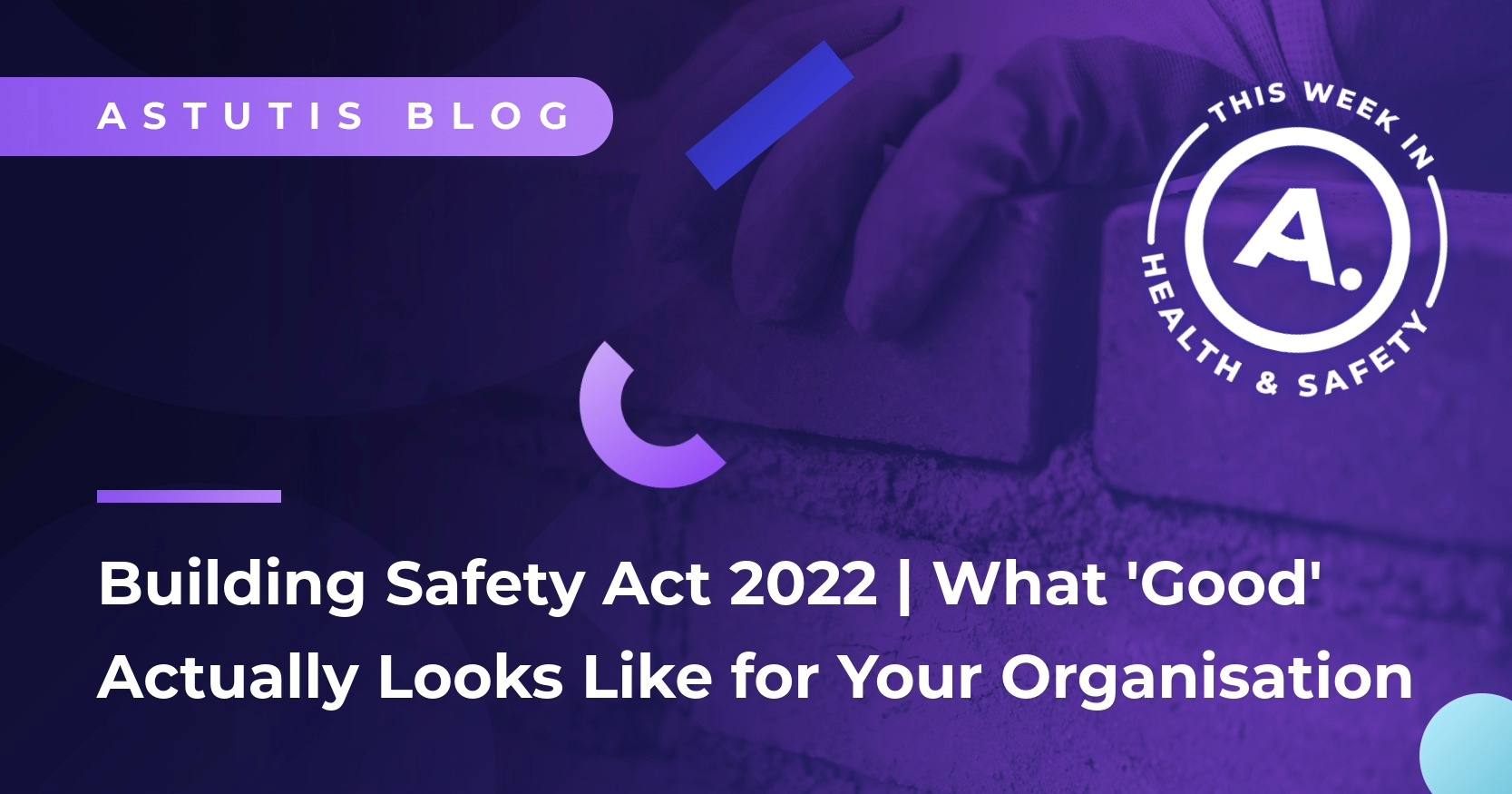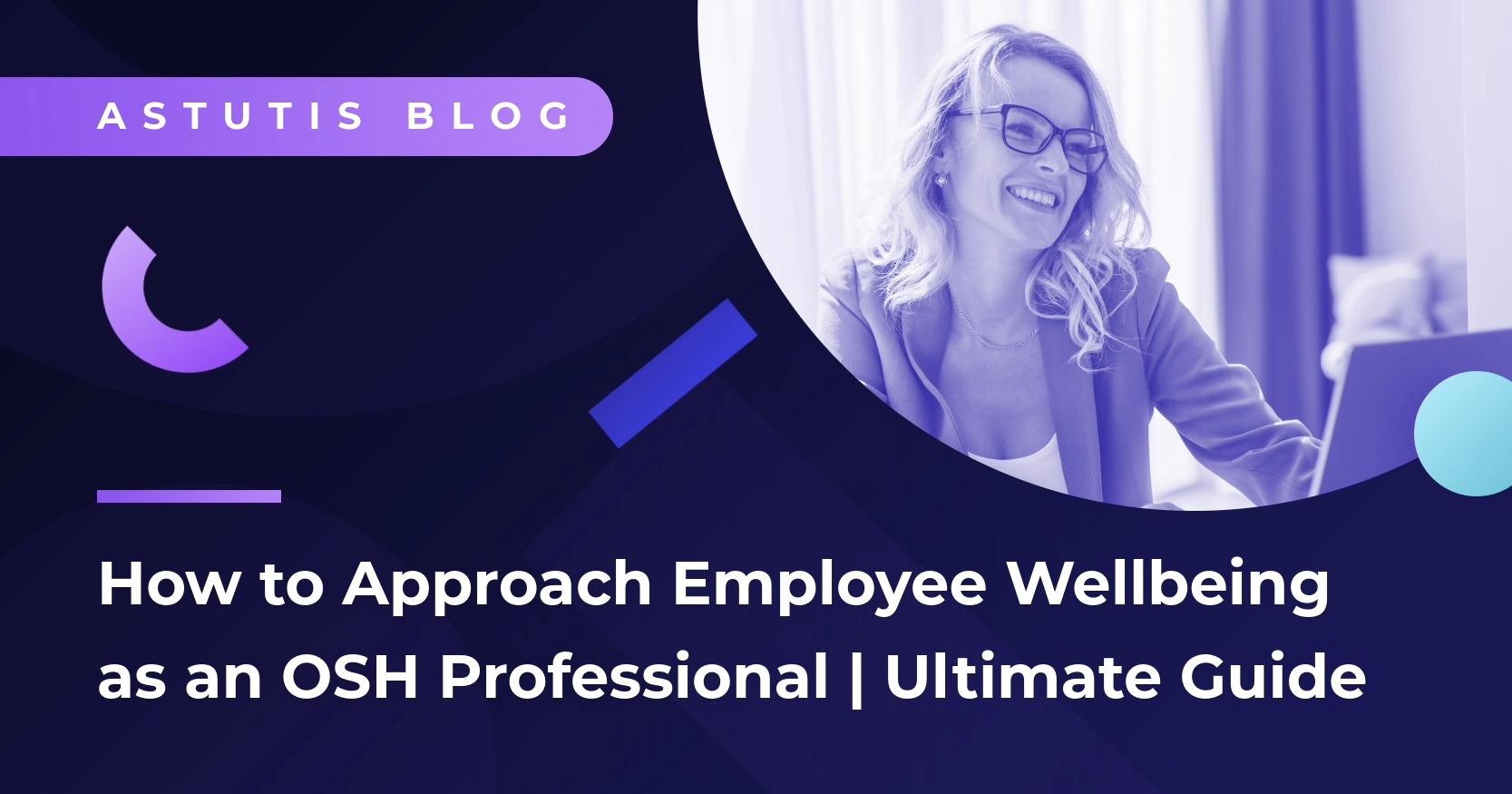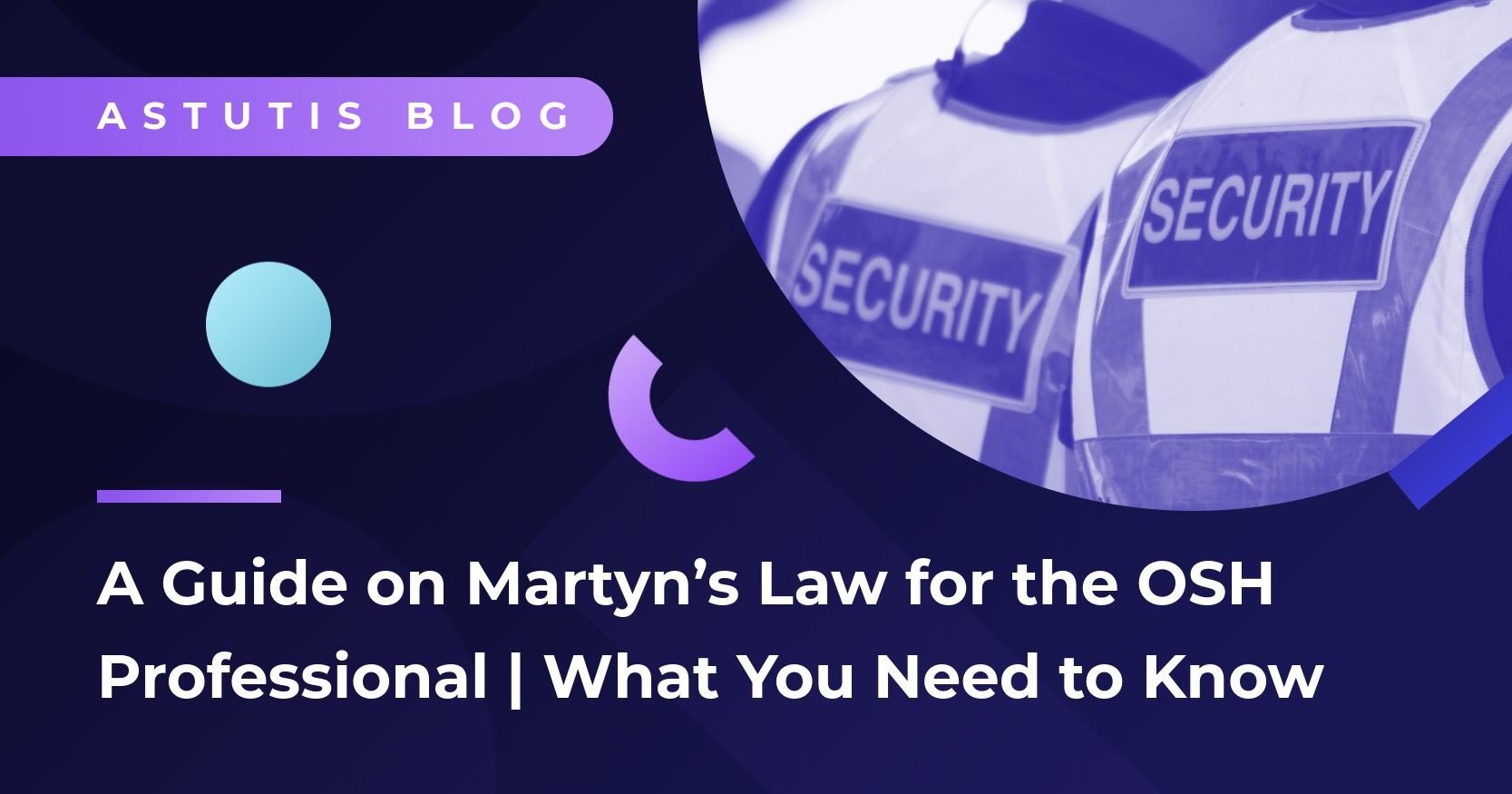DN1/DI1 NEBOSH Diploma Assessment Guide | How to Pass First Time
The NEBOSH Level 6 Diploma for Occupational Health and Safety Management Professionals can be a long, complex and difficult journey for learners. Discipline and long-term motivation are essential to maximising success. The assessments are notorious for their real-world difficulty, which are designed to shape you into a foremost health and safety expert.
The Unit DN1/DI1 assessment process is split up into four parts. Be prepared to write about your own experiences. Combining critical theory with your examples ensures your answers have the best chance of getting maximum marks. Learners must practise with mock exams, especially regarding the last section of the Unit DN1/DI1 assessment: the short research project. Focus on writing clear and concise arguments for and against a specific viewpoint or principle.
Out of the 550 marks available, learners need a minimum of 50% to pass each Unit of the NEBOSH Diploma course.
What is the NEBOSH Diploma DN1/DI1 Assessment?
The NEBOSH Diploma for Occupational Health and Safety Management Professionals is the leading qualification in Health and Safety. It provides a comprehensive mind map of information, equipping learners with the best skills to succeed and climb the career ladder. The assessment structure is as follows:
- A workplace-based stage.
- Two case study question papers.
This blog will review the Unit DN1/DI1 assessment process and work out how to successfully approach your NEBOSH Diploma Assessment Unit. We will go through study tips, revision techniques and methods to heighten your chances of passing and completing your studies. The Unit DN1 / DI1 assessment process is the same for both the NEBOSH National and International versions of the Diploma.
How to Pass the NEBOSH Diploma Unit DN1/DI1 Assessment
Once you begin the DN1 / DI1 assessment phase of the course, you will have 6 weeks, or 30 working days, to complete all four sections of the DN1 / DI1 NEBOSH Diploma assessment. It’s also helpful to note that NEBOSH will not accept your assessment submission once that timeframe expires.
The 4 Stages of the NEBOSH Unit DN1 / DI1 Assessment Process
- Questions based on a realistic Workplace Scenario.
- Workplace Activities: Tasks to complete in a suitable workplace.
- Reflective Tasks: Personal Experiences.
- Short Research Project
Stage 1: Workplace Scenario-Based Case Study Task
These case studies are engineered to provide real-life scenarios to assess and provide your professional opinion. The paper will provide you with a wealth of information on a situation; it is down to you to understand what is essential and immaterial.
You will be presented with an in-depth scenario that replicates real life. Be aware that this scenario could be pretty wordy, totalling potentially several sides of A4 paper.
When addressing the scenario, remember that you will be awarded one mark for each correct point you make. You should attempt to write as much as possible to showcase your knowledge: one-word answers or lists are unlikely to gain marks.
Once you have thoroughly read through the scenario, you will be presented with several tasks that you must complete. You will be asked to answer every task and question; do not skip any task, or question.
Stage 2: Workplace-Based Tasks
This assessment allows you to showcase your knowledge and understanding of your work environment. It asks you to put your learning into practice and analyse a working environment with a critical eye. It doesn’t need to be your working environment.
Learners are more than likely to choose their place of work out of accessibility and ease. This doesn’t mean that you criticise everything about your workplace. Instead, be ready to incorporate your understanding of risk assessments and how to readily seek out dangers before they become apparent.
Stage 3: Reflective Tasks
During this stage of the assessment process, you will be asked to draw upon personal experiences. It is designed, more or less, to help you promote yourself. You will be asked to reflect on your personal or work life, demonstrating your leadership and communication skills.
You will receive a recommended word count for each response to instil a concise writing style. We recommend you begin attempting to write concisely before you start the assessment process. Writing concisely helps remove the clutter from your answers and cuts directly to the point. This means that you should try to include as much detail as possible. However, it is your choice what details you should include.
Ensure you discuss how you have improved any skills mentioned over time. Display how these skills have strengthened and contributed to your ability to lead effectively.
Stage 4: Short Research Project
To conclude the assessment stage, you will be asked to conduct research regarding a specific topic and subsequently answer a question. Your answer will be in the form of a report, allowing you to display your knowledge and opinions on the subject. You must provide evidence from credible sources. It might be easier to see the project as an academic essay. It may be worth practising the referencing process if you haven’t written one in a while.
A considerable part of this stage is showcasing evidence-informed arguments and being able to counter them. Therefore, rushing this stage is entirely against your best interests. It will require you to research the topic before approaching the writing stage. With the format being a report, it is essential that you can express these arguments in a well-written, well-formatted setting. Therefore, it would only help to ensure that you draft the report several times. Allow plenty of time for edits! Allow yourself to improve your first few attempts and find that delicate balance.
You must fact-check, spell-check, and read over your report several times. But ensure you don’t delay submitting the finished project by constantly editing without finishing it.
NEBOSH Diploma Unit DN1 / DI1 Assessment Pass Marks
Each Unit DN1 / DI1 assessment is completed electronically and submitted through the NEBOSH exam portal. As explored above, you will have no more than six weeks to complete your assessments from your chosen exam date.
As of 2022, the entire paper will have a total of 550 marks available. These will be split between each of the four parts. Parts 1, 2 and 4 all consist equally of 150 marks respectively. Part 3 equates to a total of 100 marks. You must achieve at least 50% in your DN1/DI1 assessment to pass.
Remember, there are 550 marks available. Learners of the past have always been instructed not to think of it as an easy pass. Be assured it takes preparation, persistence and drive to pass the NEBOSH Diploma DN1/DI1 assessment. The Diploma is equivalent to a UK University Degree, which usually takes three years to complete.
On the other side, don’t walk into the process daunted by the possibilities and investment. Understand that by committing to the NEBOSH Diploma, you are beginning a life-changing journey. A positive, mind-expanding journey. Learners have had their careers skyrocket and blossom because of this accreditation. One quote that perfectly symbolises the effort required was coined by former US President Theodore Roosevelt, who once said: “Nothing good comes easy”.
How to Prepare for the Unit DN1 / DI1 Assessment?
First of all, it is paramount to acknowledge that each learner is different. There are thousands of online lists on studying better, but not all lists work for each learner. Therefore, you must understand what works for you.
Establish what kind of learner you are before you start the course. So, if you are a learner who prefers to read content, follow that mould. If you are a learner who needs to write the material down, then do that. It might seem overly simplistic, but many learners attempt to study in ways that don’t benefit them. Understanding what method works for you is crucial in cementing the knowledge.
As part of studying the course with Astutis, all learners will receive several mock exams. It is highly recommended that all learners use them to their advantage. It cannot be stressed how valuable understanding the structure and line of questioning could be. Use the revision webinars to your advantage; it may even be that you might wish to go through a mock exam with your tutor.
Remember, you will receive everything at once. You will get one big paper containing all four sections. Receiving such an important document can be daunting. It is only natural to have a moment of shock upon reading through it. The six-week countdown begins once you start your assignments, leading many learners to think they need to start quickly. Don’t fall into this trap. You must maintain the same pace throughout. Therefore, don’t set an unrealistic pace for yourself: the key is to prepare yourself beforehand.
It could be beneficial to create a study plan ahead of the process. Learners have said that study plans brought valuable structure to their day-to-day study. Some learners have told us that recording their notes and playing the recording out loud helped them tremendously. Find your preferred way of revision early and dominate your study.
Use the mock exams to your advantage. You will already know the structure, style of questions and flow of the assignments. Before beginning the assessment stage, set a plan you know you can stick to. Having a prepared schedule gives you the structure to stay on top of your studies, giving you an advantage in the assessment stage.
Need some assistance for the rest of the NEBOSH Diploma assessments? Take a look at our blog to discover how to pass the NEBOSH Diploma ND2/ID2 and ND3/ID3 assessments. For more information on how the NEBOSH Diploma is assessed as a whole, you can visit our exam hub via the button below.
Related Blogs

Real Life Stories









